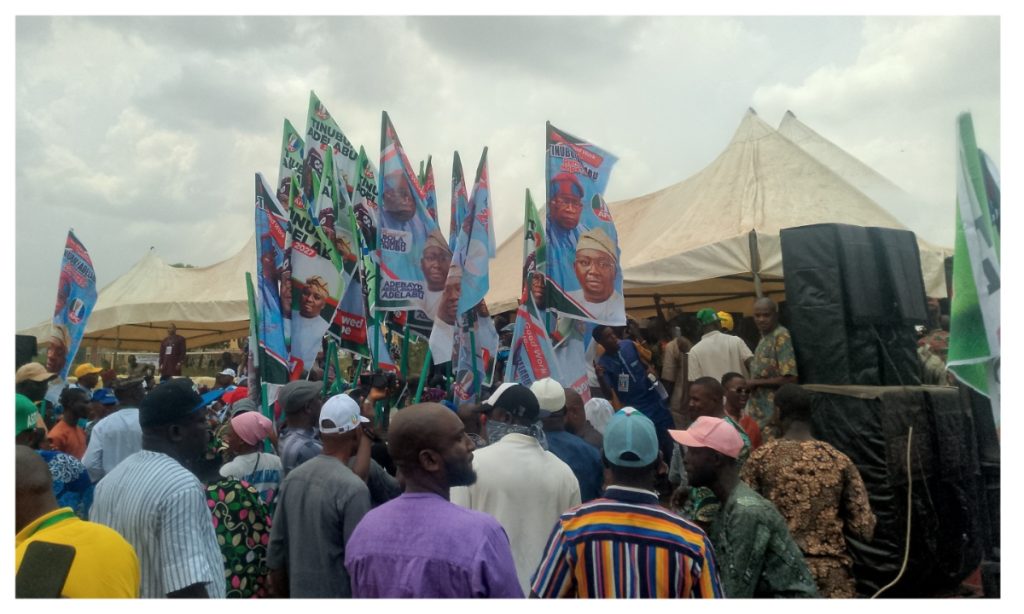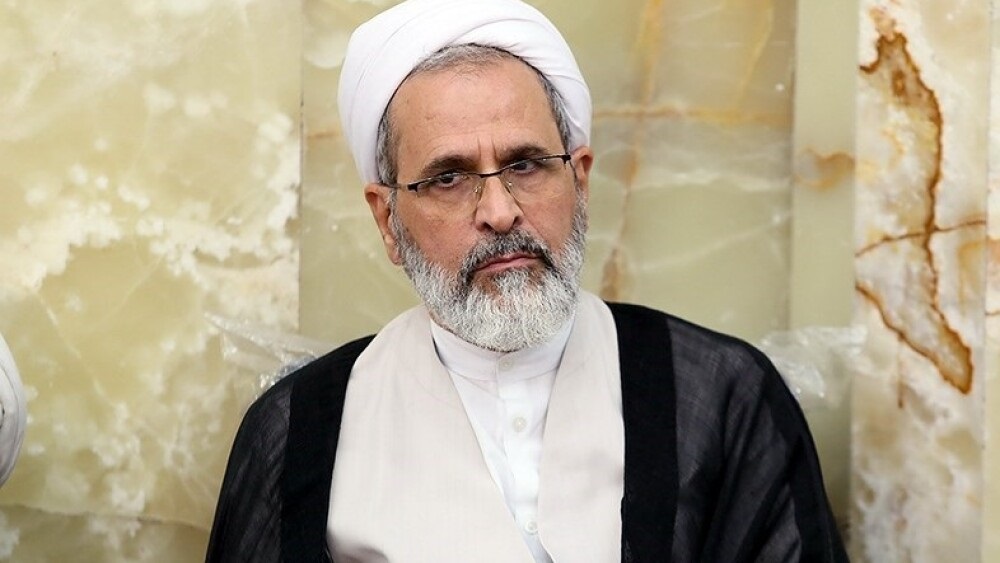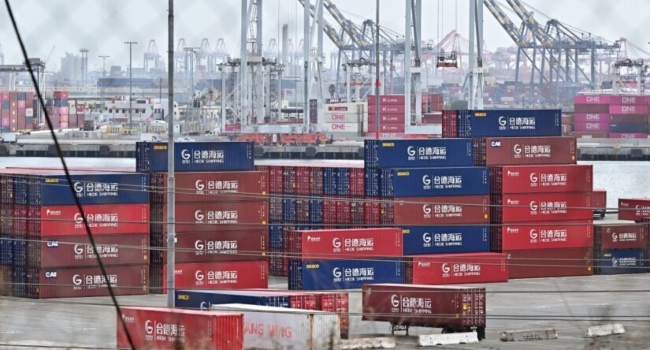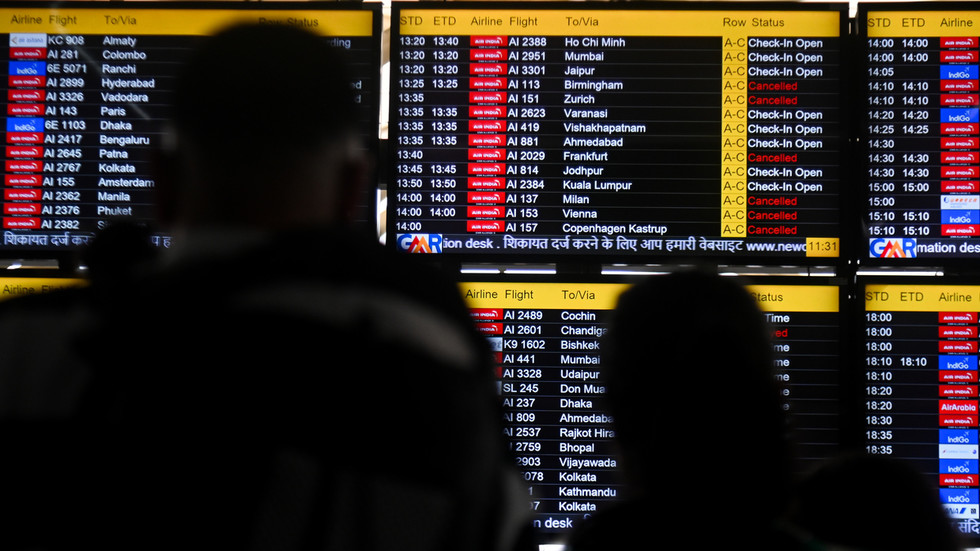The World Bank has granted South Africa a significant $1.5 billion loan, aimed at upgrading the country’s transportation infrastructure and facilitating its transition towards a low-carbon economy. This move comes at a critical time for Africa’s most developed economy, which has been struggling with slow economic growth over the past decade. Deteriorating rail systems, congested ports, and frequent power outages have hindered vital industries such as mining and automotive manufacturing, contributing to the country’s economic woes.
South African President Cyril Ramaphosa and his coalition government have pledged to tackle corruption and decades of poor management, as well as pursue reforms to help the country emerge from its economic rut and alleviate its extremely high unemployment rate. The World Bank loan is expected to play a crucial role in this effort, enabling inclusive economic growth and job creation by assisting in the removal of important infrastructure bottlenecks, especially in the energy and freight transportation sectors.
According to the National Treasury, “This agreement reinforces the strong and constructive collaboration between the World Bank and the government of South Africa. This partnership marks a significant step toward addressing South Africa’s pressing economic challenges of low growth and high unemployment.” The financing terms of the loan are also favorable, with a three-year grace period that should help reduce escalating debt-service expenses.
The South African government has allocated over R1 trillion in its 2025-26 budget towards critical transportation, energy, water, and sanitation infrastructure, with a focus on improving access to basic services. However, the country’s real gross domestic product has been revised downward to 1.4% in 2025, from 1.9% previously projected, due to the worsening global outlook and persistence of logistics constraints and higher borrowing costs. Finance Minister Enoch Godongwana has stated that government debt is projected to stabilize at 77.4% of GDP in 2025/26.
In a separate development, the dismantling of USAID by the Trump administration has resulted in a significant cut of around $436 million in annual funding to South Africa for HIV treatment and prevention. This has put the program and thousands of healthcare jobs at risk, with Minister Godongwana stating that the country does not have the funds to cover the resulting shortfall of over $430 million. The cuts in foreign aid have threatened the vast network of support for one of the world’s largest HIV-positive populations, highlighting the need for sustained international support to address this critical health challenge.



